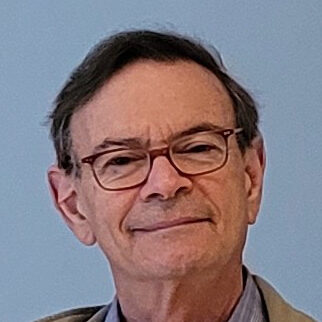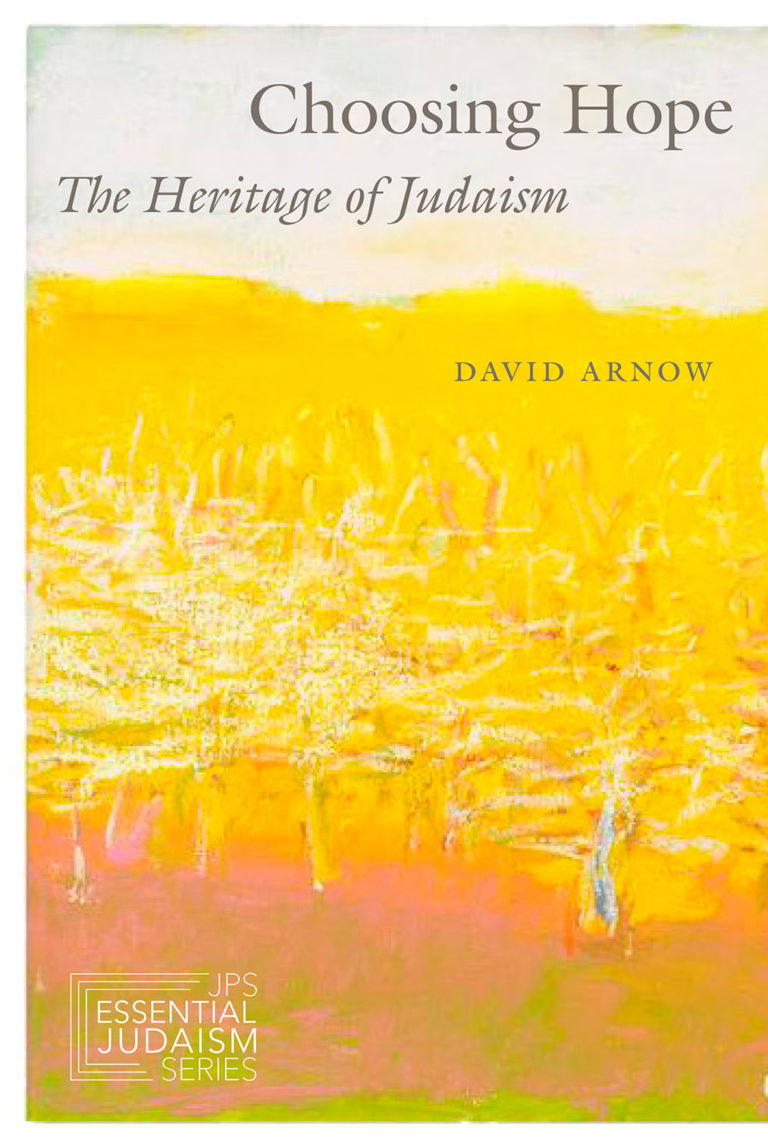On Viktor Frankl and Hope
By David Arnow
Sept. 2, 2022 marked the 25th yahrzeit of Viktor Frankl (1905-1997), the Austrian psychiatrist who was an inmate of Theresienstadt, Auschwitz, Kaufering III and Türkheim and lost his parents, brother and wife in the Shoah. Man’s Search for Meaning, published in 1946 and the second of what would be his 33 books, chronicled Frankl’s observations of life in the camps. It has been translated into 24 languages and some years ago the Library of Congress ranked it among the 10 most influential books in the United States.
Frankl’s work is permeated by themes of hope and the belief that our personal decisions are ultimately responsible for what we become as human beings. In Auschwitz, he noted that inmates who held onto hope and a sense of purpose, even in the most challenging circumstances, managed to hold on to what he called “the defiant power of the human spirit.” At one particularly difficult period, Frankl was summoned by the leader of his barracks to address his fellow inmates:
I spoke about the future. I said that to the impartial the
future must seem hopeless. … But I also told them, in spite
of this, I had no intention of losing hope and giving up. For
… [no one] knew what the future would bring, much less
the next hour… They must not lose hope but should keep their
courage in the certainty that the hopelessness of our struggle did
not detract from its dignity… When the electric bulb flared
up again I saw… my friends limping toward me to thank me
with tears in their eyes.
For Frankl, hope is not about happy endings but the struggle to meet difficult situations with ultimate responsibility.
Today, researchers who study hope think of it as your ability to envision a future you desire, belief in the power of your own actions, and your willingness to develop new strategies to reach your goal. When despair gains the upper hand, efforts to reach goals cease. Cynicism and apathy grow. Seen this way, hope is a way of thinking that can be learned and with practice, strengthened. Hope and optimism shouldn’t be confused. Optimism is the tendency to forecast a brighter tomorrow; hope is acting to make it so.
The crises we are living through — climate change, the pandemic, the rise of authoritarianism, a resurgence of antisemitism and more — certainly put hope to the test. But if despair wins out, there’s little chance we’ll meet the challenges that beset us.
As we approach Rosh Hashanah and Yom Kippur, it’s a good time to sample a few seasonal resources in Judaism that can strengthen our commitment to choose hope over despair in these troubled times. It’s worth noting that this choice arises throughout the life cycle. For example, researchers have concluded that in the later stages of life, the ability to choose hope and to stay actively engaged with shaping one’s future is associated with more successful aging.
Teshuvah: The work of teshuvah, repentance, rests on the commitment to improving ourselves as human beings. But the underlying premise is Judaism’s hope that human beings can change. What are its roots? In the book of Exodus, when Moses wants to know God’s name, God responds, Ehyeh-Asher Ehyeh, “I will be what I will be.” God’s future is open, undetermined by the past. And because we are created in God’s image, our future too remains open. With hope pushing us onward, we too can be what we will be.
Frankl believed that “each life situation confronting us places a demand on us, presents a question to us — a question to which we have to answer by doing something about the given situation.” In the process of teshuvah we assess the worthiness of our answers to this question. If we’ve fallen short, hope supplies the vision of better possibilities and the energy to pursue them.
The Shofar: During the month of Elul, the shofar is blown every morning at daily services. Long
associated with the ram Abraham sacrificed in place of his son in the story of the Binding of Isaac, the shofar was a common image on Jewish tombstones, where it symbolized hope for individual and national restoration. During the Holocaust, Jews in BergenBelsen took great risks to smuggle in a shofar on Rosh Hashanah. In a subsequent interview, the daughter of the man who blew the shofar there recalled:
Nothing had changed. The barbed wires remained fixed in
their paces. Only in the heart did something stir … hope …
hope that someday freedom would bring down the barbed
wire fences of Bergen-Belsen and of humanity.
Prayer: Frankl was deeply spiritual but questioned many of the claims of organized religion. He believed that “[we] cannot speak of God but [we] may speak to God. [We] may pray.” Yet the words of most prayers express a traditional theology of hope that many find difficult: If we keep God’s commandments, sooner or later God will fulfill our deepest hopes.
But many contemporary Jewish theologians argue that because we are created in the Divine image, we have the capacity and responsibility for realizing our hopes. This perspective radically transforms the meaning and experience of prayer. Instead of praying that God will satisfy our hopes, prayer becomes a private dialogue with the One of Being about whether our hopes are truly worthy — because often they are not — and a plea for renewed strength in the struggle to realize our better hopes.
Humor: You might feel hard-pressed to locate a reference to laughter in the Rosh Hashanah service, but it’s hiding in plain sight. In the Torah reading for the first day, we read about the birth of Isaac, the fulfillment of God’s promise to Abraham, age 100, and Sarah, 90, that the couple would bear a child. Imagine the rich flow of hope and humor as this couple resumed long abandoned but newly necessary activities. Following Isaac’s birth, “Sarah said, ‘God has brought me laughter; everyone who hears will laugh with me’” (Genesis 21:5). Isaac, in Hebrew Yitzchak, means “he will laugh.”
Even in the camps, humor and laughter survived. Frankl called them one of “the soul’s weapons in the fight for self-preservation,” allowing one to “rise above any situation, even for only a few seconds.” Like hope, humor enables us to see beyond whatever painful reality stares us in the face.
Man’s Search for Meaning was originally published with a German title that Frankl seems not to have liked: Ein Psycholog erlebt das Konzentrationslager, “A Psychologist Experiences the Concentration Camp.” He later retitled it with words that offer a profound summary of his thought and commitment to hope: Trotzdem Ja zum Leben Sagen, “Nevertheless, Say Yes to Life.”
Originally published by L’Chaim: The Health and Wellness Newsletter of the Claims Conference, Vol. 6, Fall 2022, https://www.claimscon.org/newsletter/LChaim-Fall-22-web.pdf
Get 40% off when ordering Choosing Hope from Jewish Publication Society! Use promo code 6AS22.

